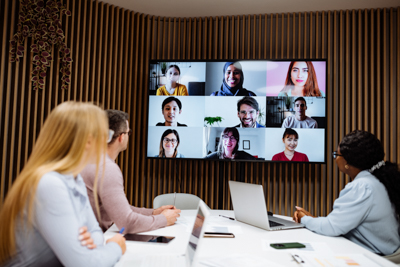TMS: How Specialized Magnets Relieve Medication-Resistant Depression
UT Southwestern Medical CenterOne of the latest neuromodulation therapies available at UTSWâs Peter OâDonnell Jr. Brain Institute is transcranial magnetic stimulation (TMS). This therapy uses external magnets and coils to depolarize affected neurons, âresettingâ the connected networks to restore normal function.















